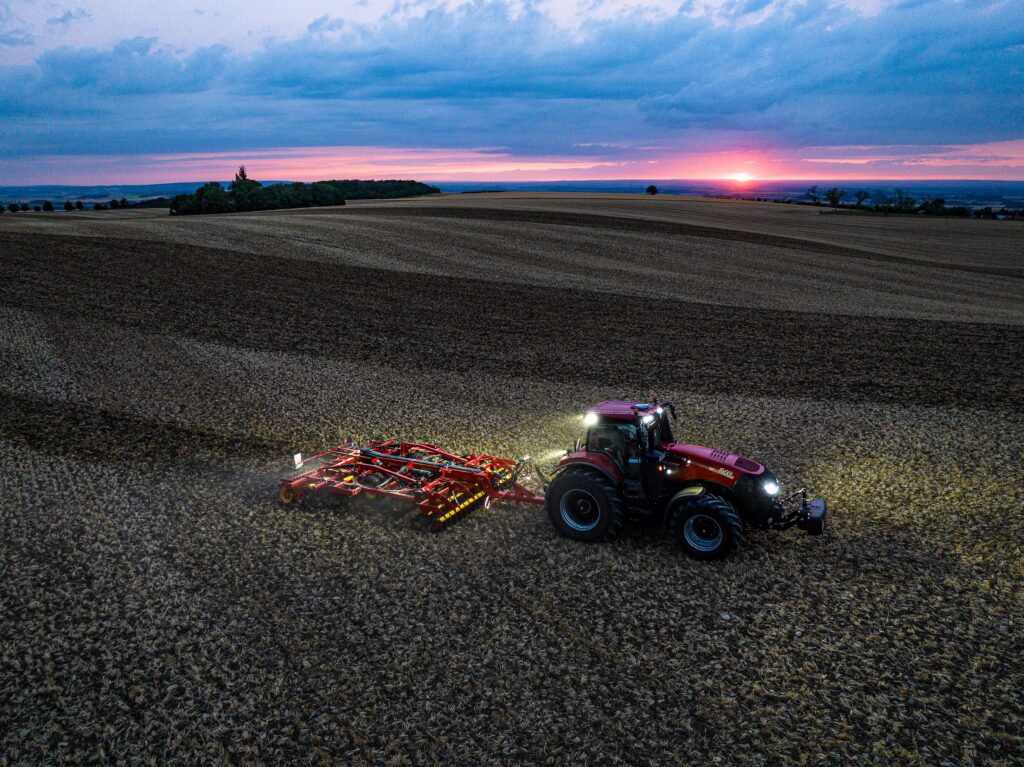Autonomous farming: Estimation and control

Copyright Väderstad.
Climate change, population growth, and the urgent need to preserve biodiversity present major challenges for the future of food production. Agriculture is central when addressing these issues. One promising path toward more sustainable and efficient farming is the integration of autonomous features into agricultural vehicles and machines. This can reduce reliance on skilled operators while enabling data-driven optimization of key processes such as cultivation, seeding, fertilization, and irrigation.
This project focuses on advancing autonomous soil cultivation by equipping cultivators with sensors that provide information about the soil properties before and after the machine has passed and by adding closed-loop control strategies that simplify or even eliminate the operator’s role. Naturally, any other available information should be considered in the controller, e.g. field topography, soil composition, moisture levels, and historical yield data. System identification of the cultivator and estimation of soil properties are central to this approach. The project will also explore techniques like fault diagnosis and reinforcement learning to further enhance the system’s adaptability and robustness.
Contact

Viktor Uvesten
Industrial PhD student
Väderstad/Linköping University

Martin Enqvist
Associate professor
Linköping University
